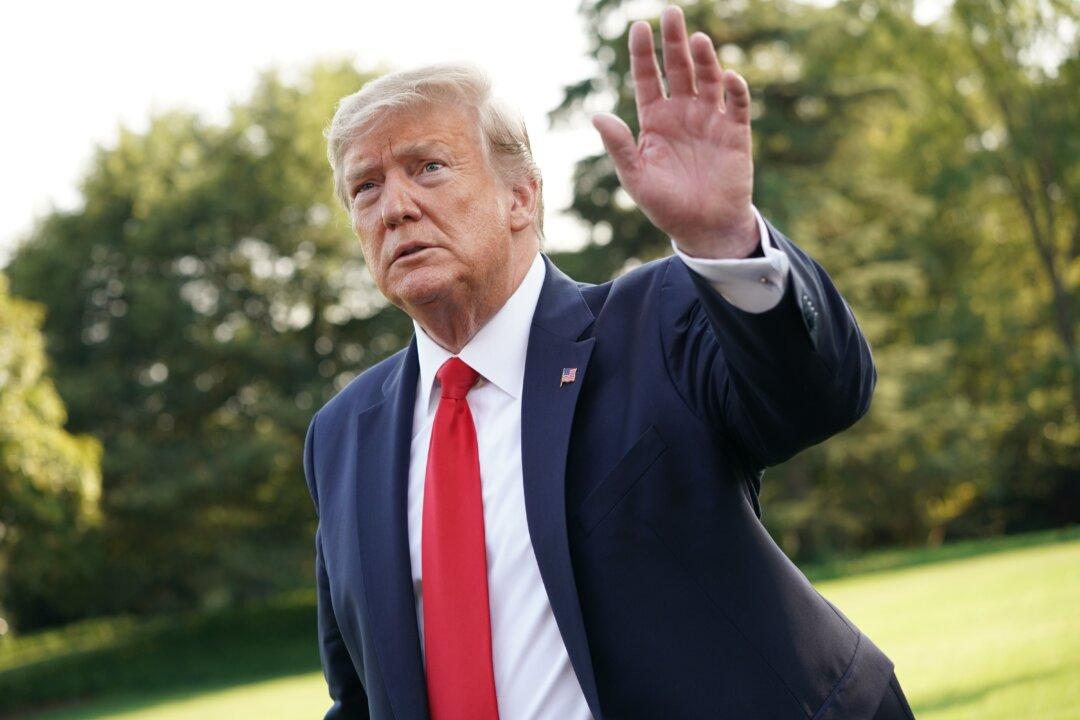Every Wednesday at 7 a.m., a small group of federal officials gather around a table somewhere in Washington to study the Bible and how it affects them in their personal lives and as public servants.
Their numbers can vary due to the intense demands of being members of President Donald Trump’s Cabinet, but on any given Wednesday, their ranks can include Secretary of State Mike Pompeo, Secretary of Energy Rick Perry, Secretary of Education Betsy DeVos, Secretary of Housing and Urban Development Ben Carson, and NASA Administrator Jim Bridenstein.





